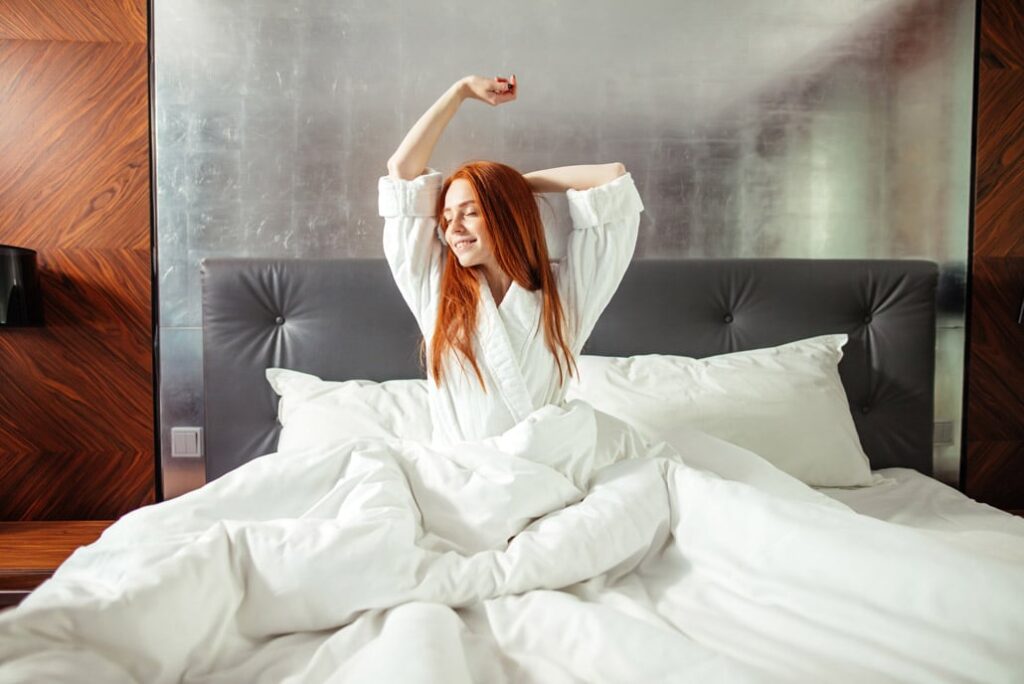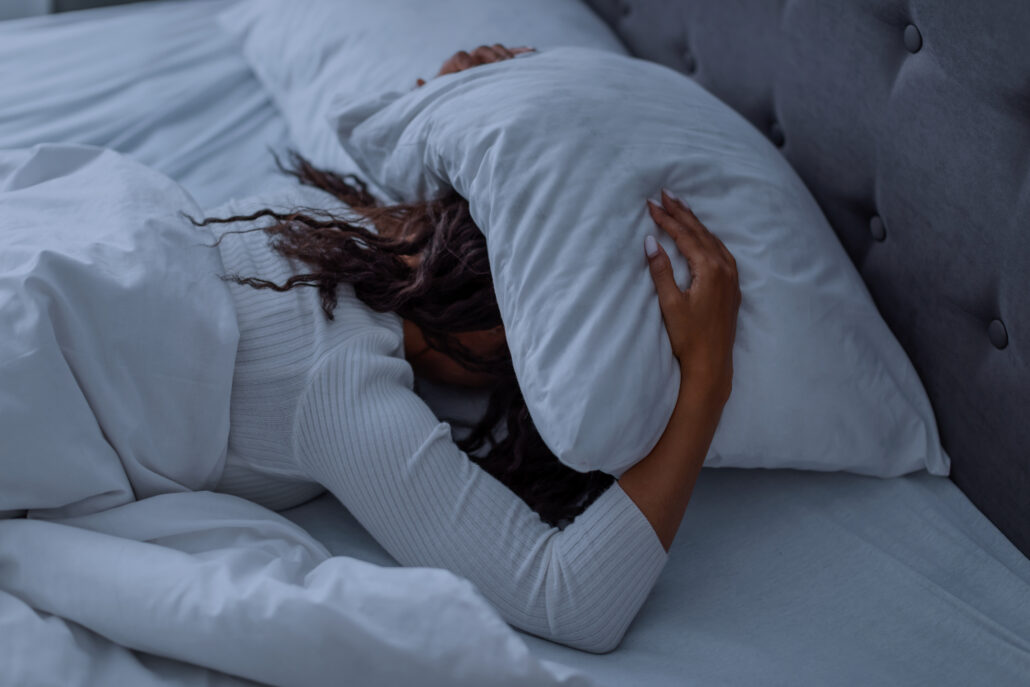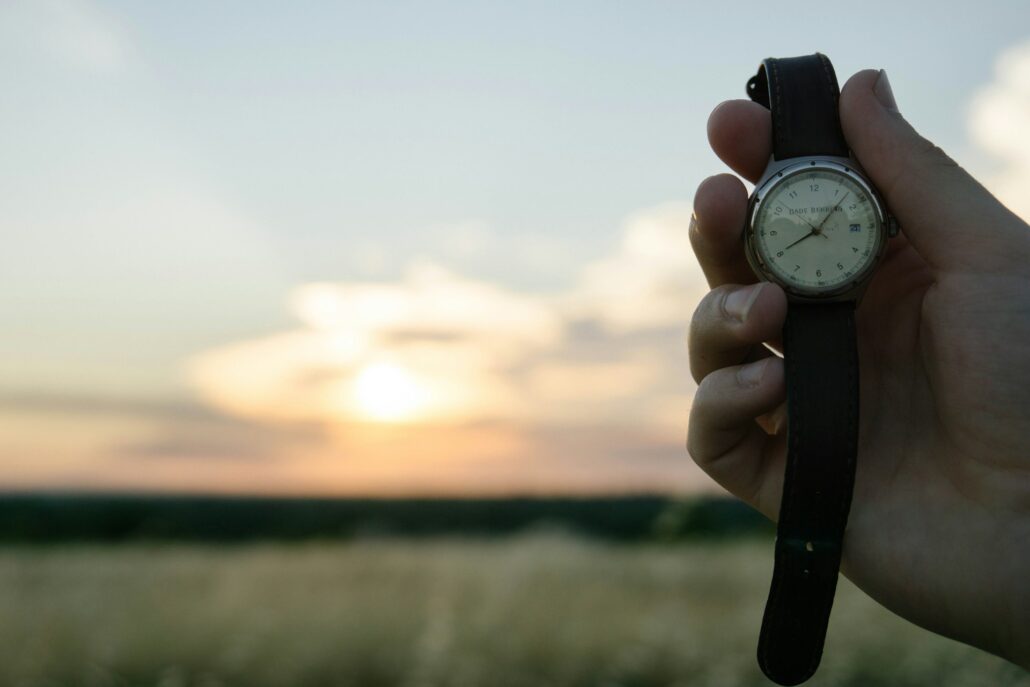
’Twas a night close to Christmas, and all through your house,
Nobody’s awake. Not your kids. Not your spouse.
It’s late in the evening. And your day is a wrap.
So you settle in for a long winter’s nap.
But you’re tossing and turning. Your brain’s all a scatter.
“I’m wide awake! Ugh! What’s the matter?!”
It’s been tougher to sleep. There must be a reason.
Turns out your problems may be caused by the season.
Like it or not, the changing seasons impact your sleep. Now that winter is near, you’ve got some new challenges to face. Here’s a quick guide on some factors that can hamper sleep in winter and what you can do to survive the season.
Gingerbread Cookies. And Eggnog. And Ham. And Christmas Ale. And …
From Thanksgiving through New Year’s Eve, we’re surrounded by tasty foods and delicious beverages. Changes in your eating habits during the holidays, like having meals later than normal or consuming extra caffeine throughout the day, can disrupt your sleep with heartburn, indigestion, insomnia or just a few extra middle-of-the-night bathroom visits.
It’s not just you that can suffer from holiday overindulgence. Alcohol relaxes your muscles, including those in your mouth and throat, which can compromise your airways. Translation: loud snoring and a sleep partner who’s wide awake.
SURVIVE IT: To avoid sleep Scrooges, like insomnia and heartburn, be mindful of what and when you eat. Try limiting caffeine, alcohol or heavy meals to the early evening. (Still tossing and turning at night? Try a sleep aid.)
A Season-Long Dry Spell
Cold air is drier air. Dry air leads to chapped lips, itchy skin, scratchy throats and dry noses. At best, these uncomfortable conditions can annoy you when you’re in bed trying to get to sleep. At worst, they leave you vulnerable to colds and infections. And we all know how hard it is to get restful sleep when you’re sick.
SURVIVE IT: Try using a humidifier in your bedroom to keep your nasal passages moist. (We like models with aromatherapy capability. Especially when used with lavender essential oil.) Drink plenty of fluids. Take warm, not hot, showers and apply lotion right after you towel off to lock in moisture for your skin.
Chill Time
The frigid temperatures and whipping winter winds outside drive us inside, where we immediately kick up the thermostat to 72°F or more. (Guilty, as charged.) That’s fine when we’re awake. But our body temperature naturally falls when we sleep. Rooms that are too warm can disrupt this biological sleep pattern, keeping us awake.
SURVIVE IT: The ideal bedroom temperature is around 65-67°F. Set your programmable thermostat to drop to that level shortly after your usual bedtime so you’re cozy and warm when your head hits the pillow, but cool as a snowman once you’re asleep.
Shedding Light on Melatonin
Melatonin is a sleep-promoting hormone produced by your brain in response to darkness. Gloomier days and earlier sunsets in winter can trigger melatonin release throughout the day, leaving you feeling groggy in the morning and fatigued by mid-afternoon.
Unfortunately, you may also feel more awake at bedtime because you never got the distinct, intense release of melatonin that you did during summer when long, sunlit days turn to dark nights.
SURVIVE IT: Regulate your melatonin and your internal clock by getting ample exposure to daylight during the winter. Sit by a window right after you wake up. Bundle up and take a walk at lunch.
Don’t be sleepless this winter. Learn how to survive the season with sleep tips from @BetterSleepOrg.Sources:
- https://www.ncbi.nlm.nih.gov/pmc/articles/PMC4334454/
- https://www.health.com/sleep/sleep-better-winter
- https://www.wsbradio.com/weather/cold-air-dry-air-low-indoor-humidity/NtFy5HD9Gp4uqfyBUVFSuM/
- https://www.verywellhealth.com/aromatherapy-for-sleep-89673
- https://www.alaskasleep.com/blog/sleep-tips-for-the-holidays
- https://health.clevelandclinic.org/can-best-combat-effects-dry-winter-air/
This blog provides general information about sleep and sleep products. The words and other content provided in this blog, and in any linked materials, are not intended to replace a one-on-one relationship with a qualified heath care professional. This blog should not be construed as medical advice or used to diagnose, treat, prevent or cure any disease or condition. If the reader or any other person has a medical concern, he or she should consult with an appropriately-licensed physician or other health care professional. This blog is not a substitute for professional medical advice, diagnosis or treatment, and should not be relied upon to make decisions about your health or the health of others. Never disregard professional medical advice or delay in seeking it because of something you have read on this blog or elsewhere on bettersleep.org. If you think you may have a medical emergency, immediately call your doctor or dial 911.



